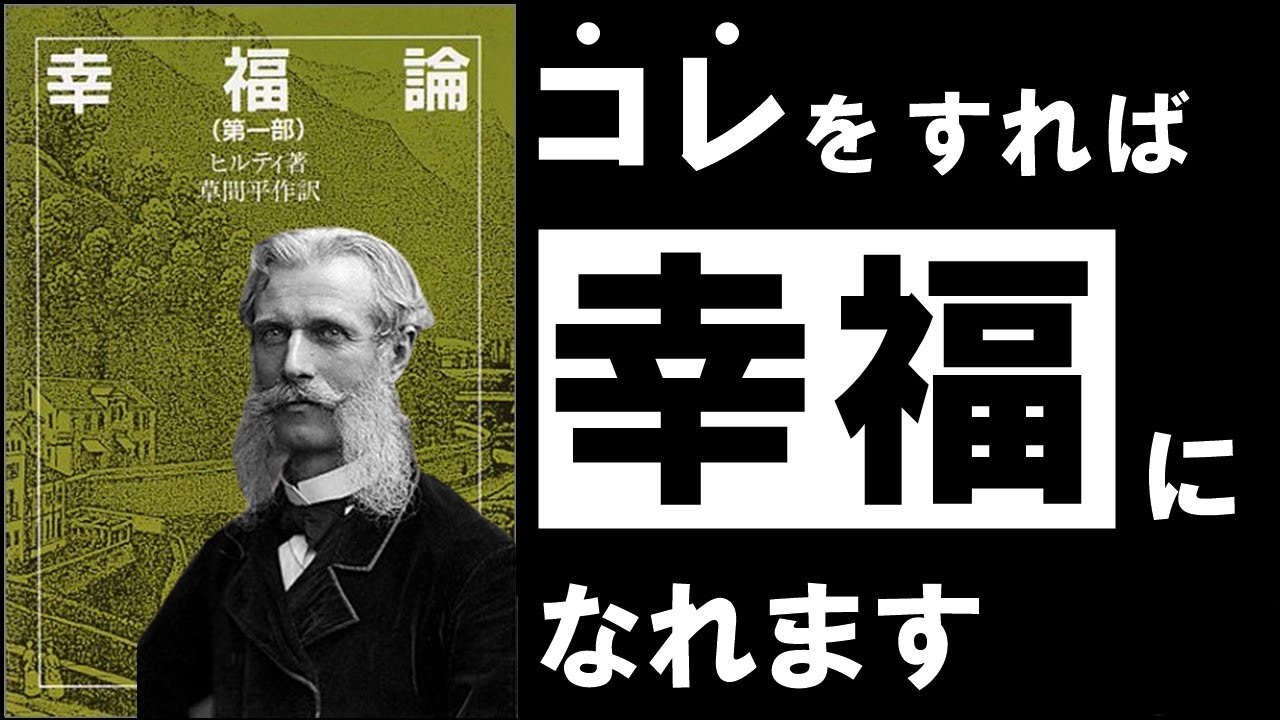The Principles of accepting of our Imperfections: "Wabi-sabi" 🍁 Interpreting Yourself
Summary
TLDR「幸せのポッドキャスト」では、ドクター・ロバート・パフが人生における不完全さを肯定する日本哲学「侘寂(わびさび)」について話します。侘寂は、不完全さを受け入れ、美しさと見つめる姿勢です。茶の湯の茶碗から始まったこの思想は、人生の移ろいを肯定し、自己をなくすことを教えています。私たちは、年齢とともに変化し、夢と異なる現実に直面しますが、侘寂の視点から見ることで、それらを美しさと成長の証として受け止めることができます。このポッドキャストでは、他人だけでなく自分自身の不完全さを愛し、受け入れる力を持つ方法を探求します。
Takeaways
- 🌟「不完全な美」を認める:私たちは人生の不完全さを認め、それを受け入れることが大切です。
- 🎨「侘寂」の哲学:日本からきた「侘寂」は、人生の不完全さを美とし、受け入れることを教えてくれます。
- 🍵茶の儀と侘寂:茶の儀での茶碗の不完全さが、侘寂の美の源となっています。
- ⏳無常の認識:侘寂は人生の変化と無常を通じて美を発見するものです。
- 💔心の傷と成長:私たちの過去の失敗や損傷は、私たちを形成し、成長させてくれます。
- 🧘♂️自己批判から逃れる:他人や自分を批判することで苦しむのではなく、受け入れることが幸せにつながります。
- 🤔考え方の変え方:日常の小さな出来事から、他人や自分への批判を美とし、受け入れることを練習します。
- 👵年齢と経験の美:年齢のせいで現れるシワや変化は、経験と知恵の証であり、美しくもあります。
- 🌱受け入れて愛する:私たちは人生の不完全さを愛し、受け入れることができる力を持っています。
- 🙏感謝の心:不完全な自分を受け入れ、人生の全ての不完全さと美しさに感謝の気持ちを持つことが大切です。
Q & A
「ハピネス・ポッドキャスト」とはどのようなポッドキャストですか?
-「ハピネス・ポッドキャスト」は、Dr. Robert Puffが主催するポッドキャストで、人生における完璧さの欠如とそれに伴う幸福感の追求に関する議論を展開しています。
完璧さの欠如とはどのようなものか、ポッドキャストでどのように説明されていますか?
-完璧さの欠如とは、人々の体が年齢を重ねるにつれて変化し、皺が増えたり髪の毛が白くなったりするなど、理想と異なる状態になることを指しています。
ポッドキャストで紹介された「侘寂(わびさび)」とはどのような哲学ですか?
-「侘寂(わびさび)」は、日本発祥の哲学であり、完璧さの欠如を受諾し、それを受け入れることで美しさを見出すアプローチです。茶の湯の伝統と深く関係しており、茶碗の不完全さにも美しさを認めるという考え方を基盤としています。
「侘寂」の3つの主要な原則は何ですか?
-「侘寂」の3つの主要な原則は、非永続性(物事が常に変化する)、苦しみ、そして虚無(自己の欠如)です。
茶の湯における「侘寂」の具体例とは何ですか?
-茶の湯において「侘寂」は、茶碗の完璧さの欠如を美と認識し、その不完全さを愛し、大切にすることを指します。
西洋文化における「パチナ」とはどのような概念ですか?
-「パチナ」は西洋文化における概念で、物が経年変化する過程を美しさと捉える考え方を指しています。
Dr. Robert Puffはどのようにして人々が完璧さの欠如を受け入れるようになるべきかについて話しましたか?
-Dr. Robert Puffは、人々が他人や自分の完璧さの欠如を批判する代わりに、それを美しさと受け止めることで幸せを感じることができると語っています。
ポッドキャストで話された「私たちの考えは強力である」という主張とはどのような意味ですか?
-これは、人々が抱える考え方が彼らの感情や行動に大きな影響を与えるとDr. Robert Puffが主張していることを意味しています。
ポッドキャストで紹介された、完璧さの欠如を美と認識するアプローチを実践する方法とはどのようなものか?
-実践する方法としては、他人や自分の不完全さを批判する代わりに、それらを美しさと受け止め、愛と賞賛の念を持つことです。
「侘寂」の哲学を採用することはどのように人生に影響を与えるとDr. Robert Puffは言っていますか?
-Dr. Robert Puffは、「侘寂」の哲学を採用することによって人々は自分自身や他人を批判しないようになり、人生を美しい冒険のように楽しむことができると言っています。
ポッドキャストでDr. Robert Puffはどのようにして人生の完璧さの欠如を楽しむことができるかについて話しましたか?
-Dr. Robert Puffは、人生の完璧さの欠如を自然な部分として受け入れ、それらを美と愛することで、人生を楽しむことができると話しています。
ポッドキャストで紹介された「侘寂」の哲学はどのようにして幸福感につながるとDr. Robert Puffは主張していますか?
-Dr. Robert Puffは、「侘寂」の哲学を通じて人々が完璧さの欠如を受け入れることを通じて、批判的思考から解放され、幸福感につながると主張しています。
Outlines

This section is available to paid users only. Please upgrade to access this part.
Upgrade NowMindmap

This section is available to paid users only. Please upgrade to access this part.
Upgrade NowKeywords

This section is available to paid users only. Please upgrade to access this part.
Upgrade NowHighlights

This section is available to paid users only. Please upgrade to access this part.
Upgrade NowTranscripts

This section is available to paid users only. Please upgrade to access this part.
Upgrade NowBrowse More Related Video

Embracing Imperfection: The Beauty of Wabi Sabi

What is Wabi-Sabi? Exploring the Japanese Philosophy of Imperfection

Lessons of Wabi-sabi & the Connection Between Minimalism

Incorporating Wabi Sabi Aesthetics in Modern Homes | Interior Design

Wabi-Sabi | A Japanese Philosophy Of How To Appreciate Imperfection | Video Essay

【名著】幸福論|ヒルティ 人生を楽に生きる、シンプル過ぎる技術 ~世界三大幸福論の最終回~
5.0 / 5 (0 votes)
